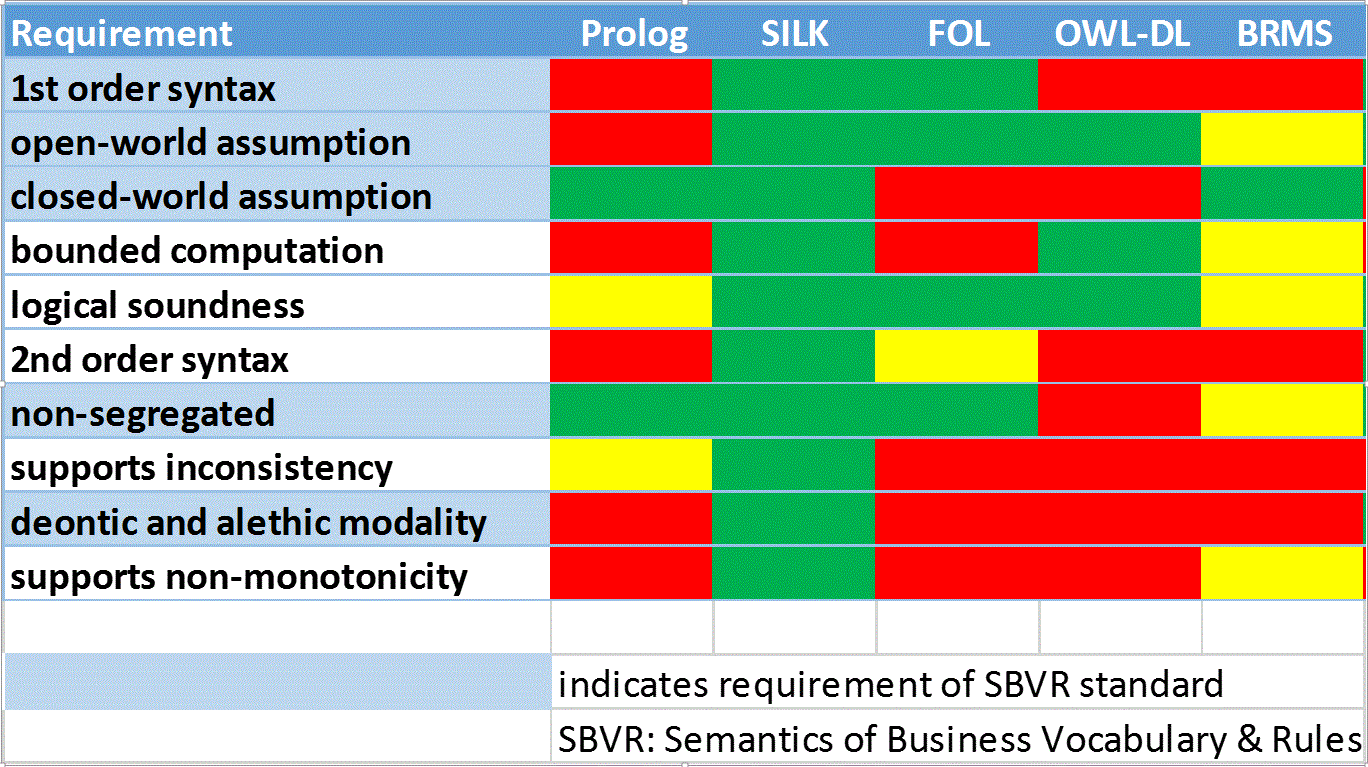This is not all that simple of an article, but it walks you through, from start to finish, how we get from English to logic. In particular, it shows how English sentences can be directly translated into formal logic for use with in automated reasoning with theorem provers, logic programs as simple as Prolog, and even into production rule systems.
There is a section in the middle that is a bit technical about the relationship between full logic and more limited systems (e.g., Prolog or production rule systems). You don’t have to appreciate the details, but we include them to avoid the impression of hand-waving
The examples here are trivial. You can find many and more complex examples throughout Automata’s web site.
Consider the sentence, “A cell has a nucleus.”:


